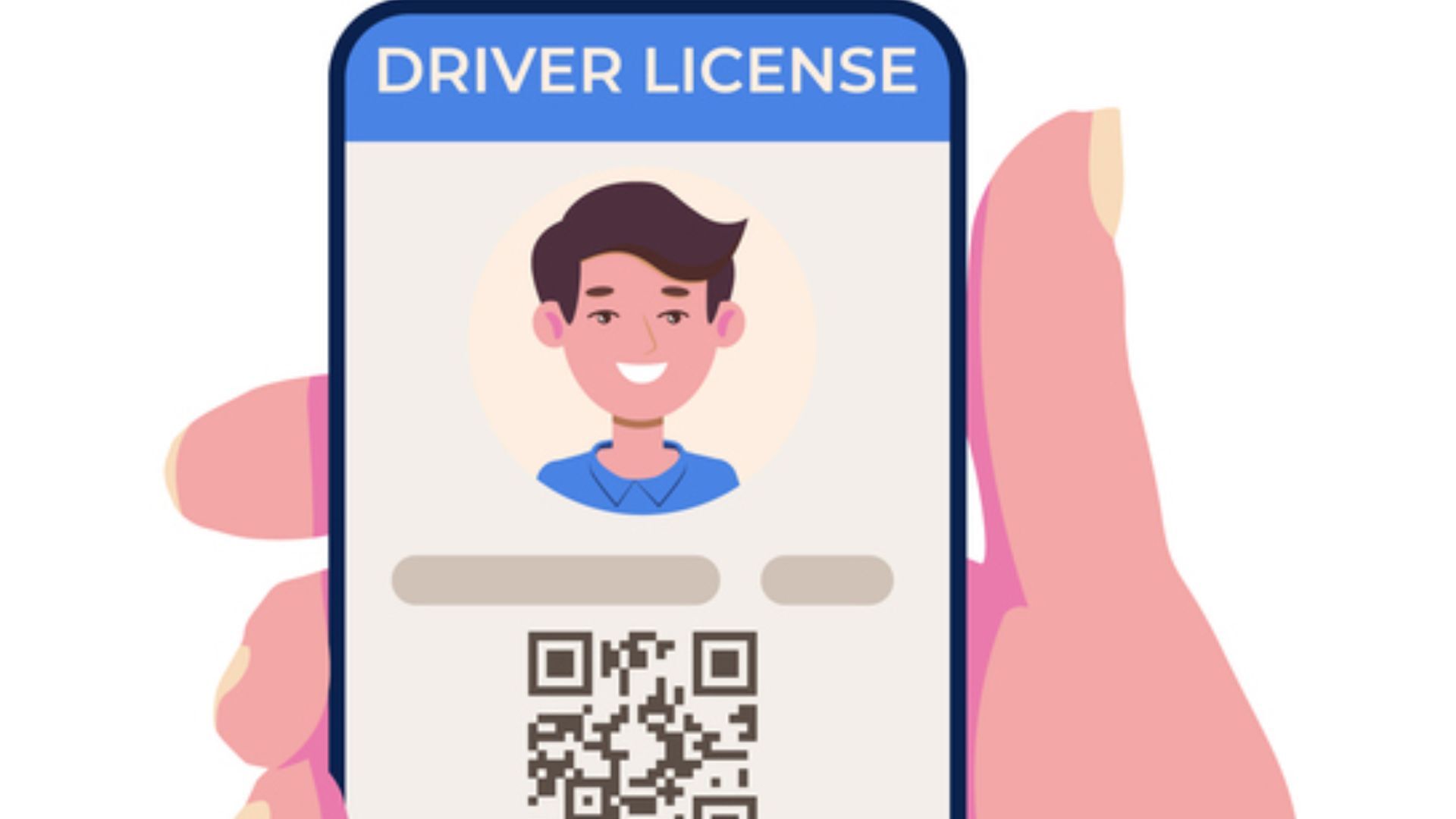Top Stories
Digital Driving Licences Set for Launch in New Zealand by 2025

New Zealand is set to introduce digital driving licences as part of a government initiative aimed at enhancing digital services by late 2025. Chief Digital Officer Paul James confirmed that the project is progressing well, with the initial version of the digital licence expected to be available within the next two years. This initiative is part of a larger digital transformation strategy that includes an all-in-one government app designed to centralise various services for citizens.
The digital driving licence will allow users to securely store an encrypted version of their licence on their smartphones. This information will be accessible through a government app and can be verified by agencies such as the police. Officials assure the public that the system will adhere to international security standards, which means no centralised database will be created, allowing users to maintain control over their personal information.
National and International Context
This move follows similar implementations in Australia, where states like New South Wales and Queensland have seen extensive adoption of digital licences. The New Zealand Automobile Association (AA) has indicated that many drivers would likely welcome this shift, provided it proves to be convenient, cost-effective, and secure.
Transport Minister Chris Bishop has reassured the public that physical licences will remain available, making digital versions optional for users. To support this transition, the Regulatory Systems (Transport) Amendment Bill is currently before Parliament, establishing the necessary legal framework for the introduction of electronic credentials.
Concerns and Considerations
While proponents highlight benefits such as efficiency and modernisation, critics have voiced concerns regarding privacy and the potential for digital overreach. Notably, Winston Peters, leader of New Zealand First, has introduced a bill to ensure that organisations continue to accept physical identification.
The government has committed to a cautious rollout, prioritising both security and usability. In a statement, James noted, “Our research shows strong public demand for digital licences, particularly from people regularly interacting with multiple agencies.” If successfully implemented, digital licences could pave the way for broader adoption of digital government services in New Zealand, reflecting a significant step towards modernising the way citizens interact with their government.
-

 World1 week ago
World1 week agoPrivate Funeral Held for Dean Field and His Three Children
-

 Top Stories2 weeks ago
Top Stories2 weeks agoFuneral Planned for Field Siblings After Tragic House Fire
-

 Sports3 months ago
Sports3 months agoNetball New Zealand Stands Down Dame Noeline Taurua for Series
-

 Entertainment3 months ago
Entertainment3 months agoTributes Pour In for Lachlan Rofe, Reality Star, Dead at 47
-

 Entertainment2 months ago
Entertainment2 months agoNew ‘Maverick’ Chaser Joins Beat the Chasers Season Finale
-

 Sports3 months ago
Sports3 months agoSilver Ferns Legend Laura Langman Criticizes Team’s Attitude
-

 Sports4 weeks ago
Sports4 weeks agoEli Katoa Rushed to Hospital After Sideline Incident During Match
-

 World2 weeks ago
World2 weeks agoInvestigation Underway in Tragic Sanson House Fire Involving Family
-

 Politics2 months ago
Politics2 months agoNetball NZ Calls for Respect Amid Dame Taurua’s Standoff
-

 Top Stories2 weeks ago
Top Stories2 weeks agoShock and Grief Follow Tragic Family Deaths in New Zealand
-

 Entertainment3 months ago
Entertainment3 months agoKhloe Kardashian Embraces Innovative Stem Cell Therapy in Mexico
-

 World4 months ago
World4 months agoPolice Arrest Multiple Individuals During Funeral for Zain Taikato-Fox




















